On Thursday, October 7, President Muhammadu Buhari presented the proposal for the 2022 budget to the national assembly at a joint session.
The proposed budget was titled, “Budget of Economic Growth and Sustainability”.
According to Buhari, the 2022 budget is also the first in Nigeria’s history, where MDAs were clearly advised on gender-responsive budgeting.
Also, the president said Defence and internal security were given top priority.
The total budget size is N16.39tn, largely hinged on a revenue projection of N10.26tn leaving a deficit of N6.26tn. This represents 3.39 percent of estimated GDP which is slightly above the 3 percent threshold set by the Fiscal Responsibility Act 2007 of the federal government.
N6.83tn and N3.61tn were equally set aside for non-debt recurrent expenses and debt servicing respectively.
Assumptions for revenue generations
Oil revenue is to account for N3.16tn, independent revenues to account for N1.82tn, non-oil taxes to account for N2.13tn, grants and donor funding to account for N63.38bn and N2.95tn from the categories of ‘others’.
Assumptions for expenditure
Statutory transfers to gulp N768.3bn, sinking fund to gulp N292.7bn, capital expenditure was put at N4.89tn, debt servicing to N3.61tn and non-debt recurrent expenditure was put at N6.83tn respectively.
Fiscal assumptions for revenue
The projections in the proposed budget were benchmarked against the following assumptions:
- Oil production of 1.88 million barrels per day in 2022
- The benchmark of oilprice was put at $57 per barrel
- The official exchange rate was put at N410.15 to a US dollar
- Inflation rate was targeted at 13% and,
- The gross domestic product (GDP) growth rate at 4.2%
“Additional revenue components to the (Oil revenue, non-oil taxes, grants and donor funding listed) that make up the ‘2022 Revenue Estimates’ of N10.13 trillion mentioned in Mr President’s budget speech was not listed in Section 39 to 41 of the budget. This information would be provided by the government once an official copy of the speech and relevant documents are uploaded to the Budget Office Website”
“Capital expenditure in statutory transfers excluded”, the Budget Office stated.
BudgiT, a civic tech organisation, raising the standards of transparency, citizen engagement, and accountability pointed out six key fiscal fundamentals in its analysis on the proposed budget.
These include N410.15 exchange rate per US dollar, 1.88 million barrels per day, $57 benchmark oil price against $80.46 that is obtainable as of today, 4.2% projected GDP growth, and 13% targeted inflation rate as the fiscal fundamental components of the budget.
This news content remains the copyright of TECHNOCRAT MEDIA, to republish, please seek the consent of our News Editor via editor@technocratmediang.com






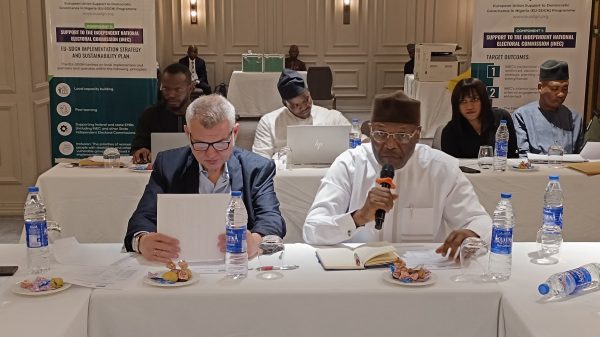
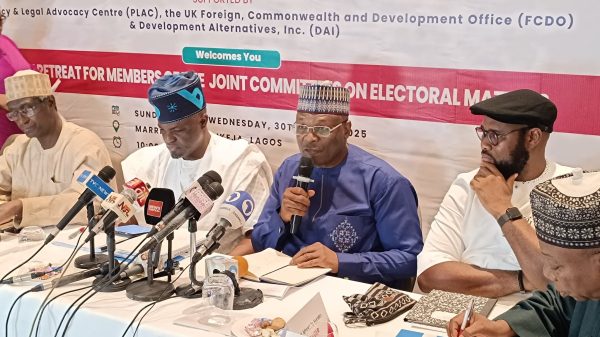
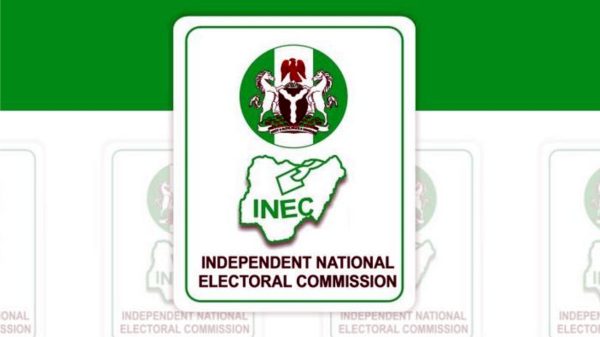
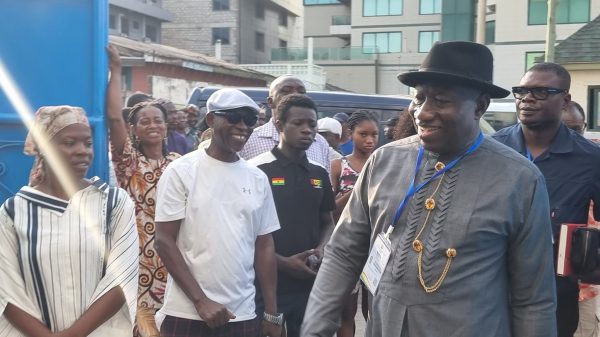
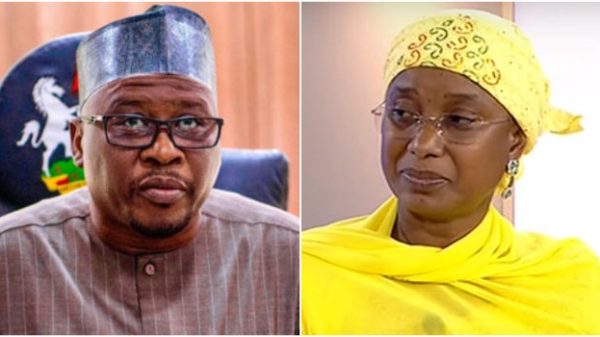
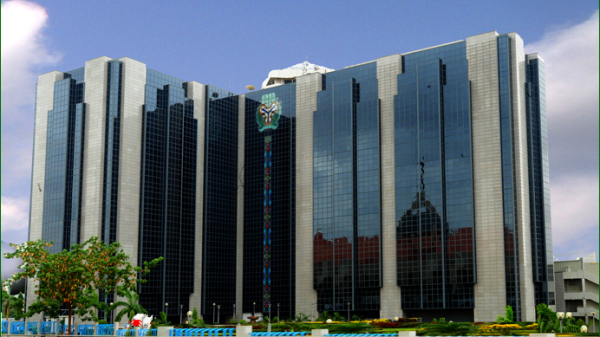
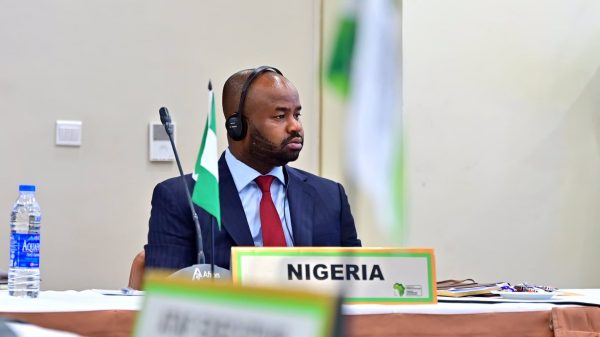
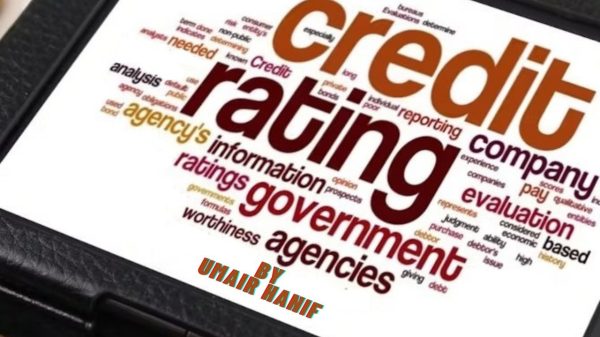
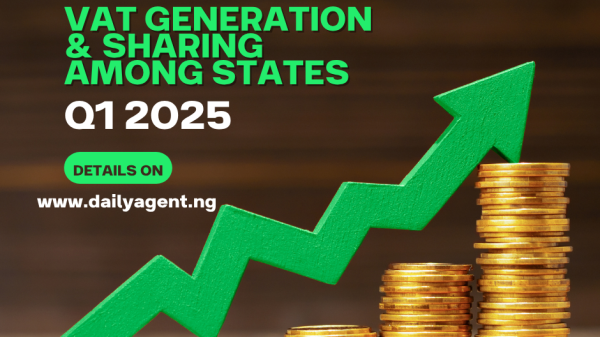
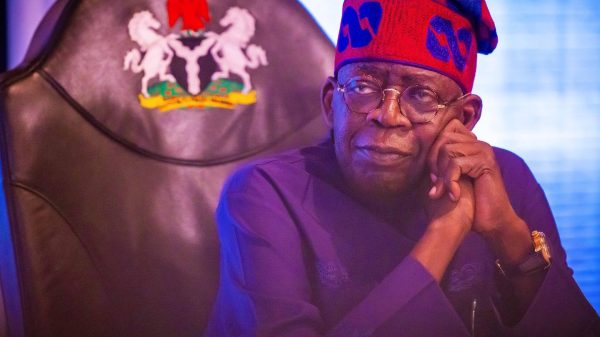
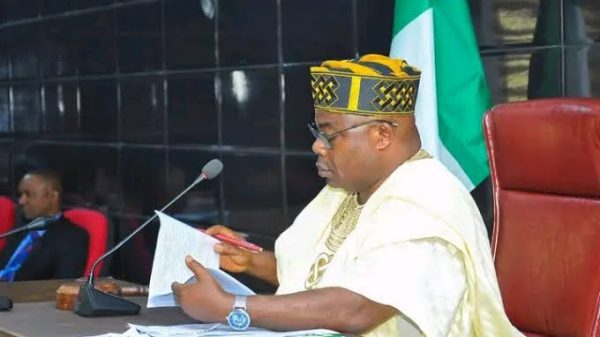

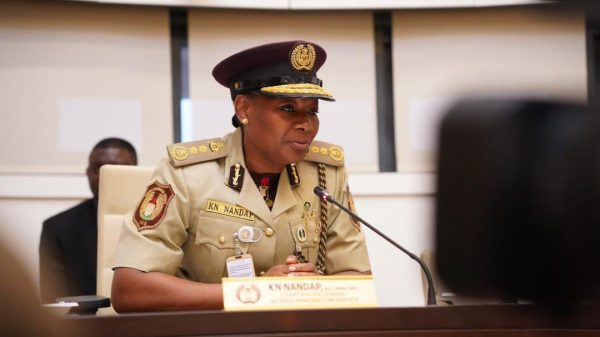
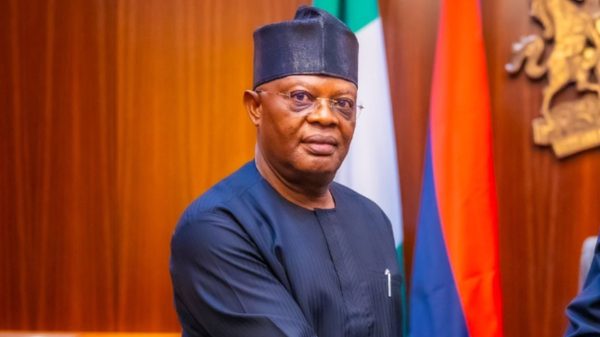

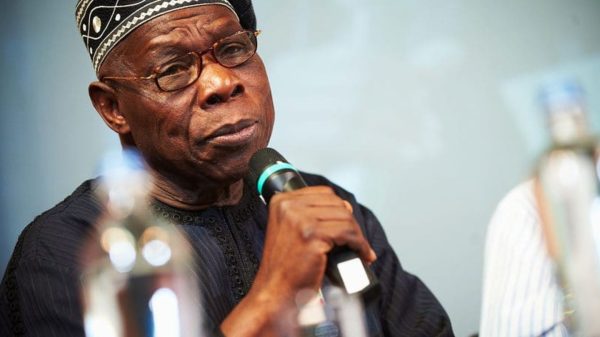
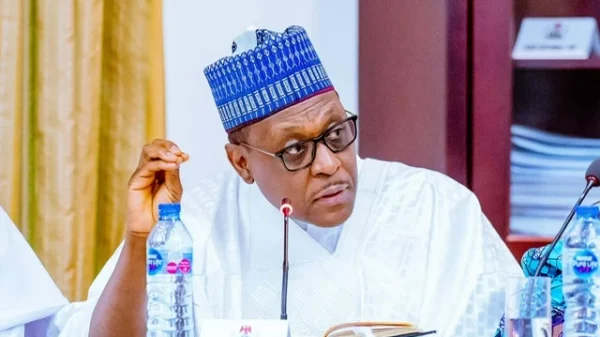


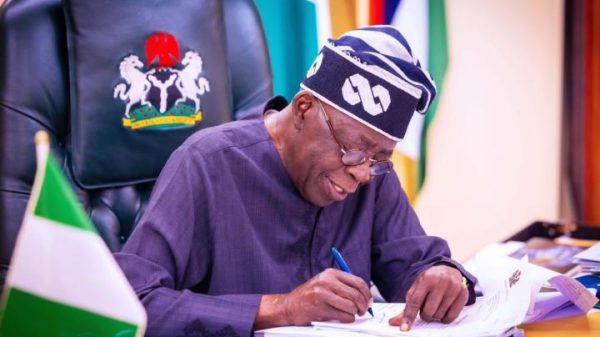


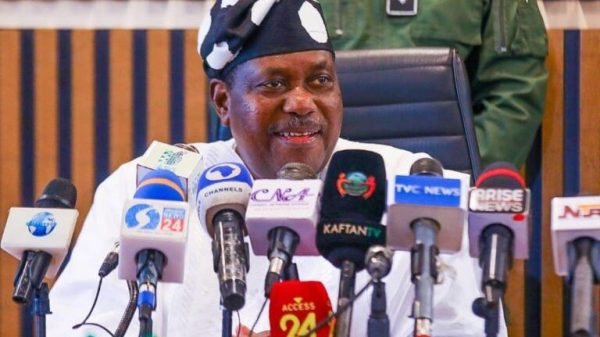

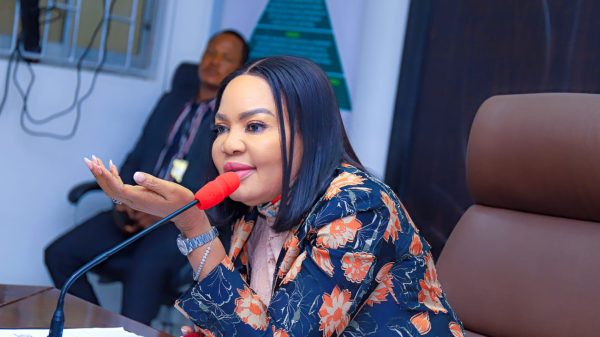

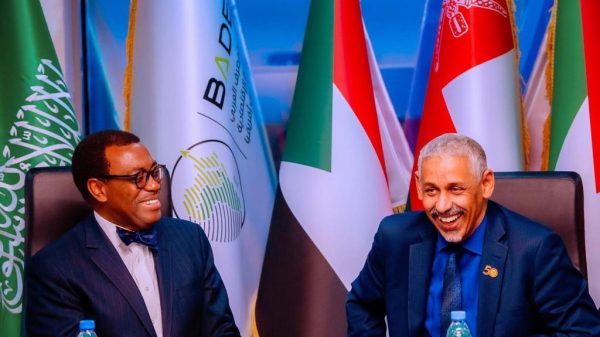
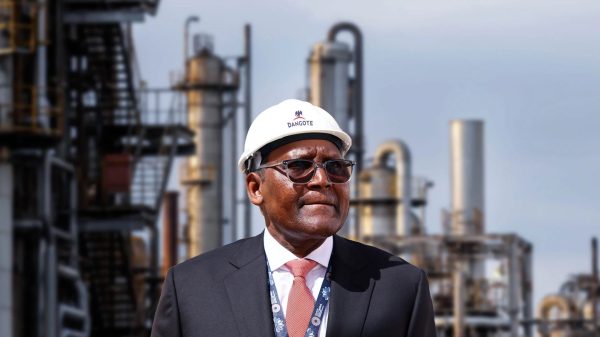
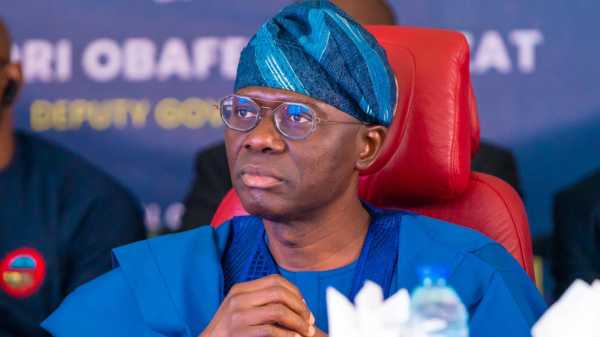
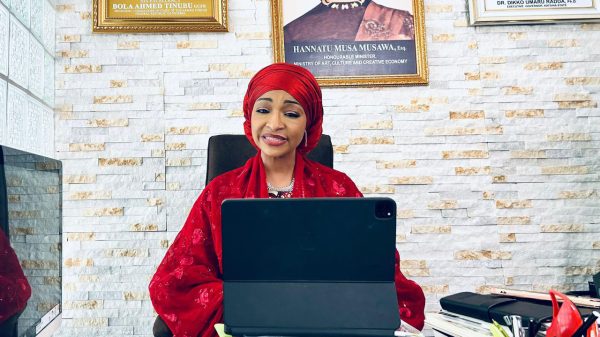
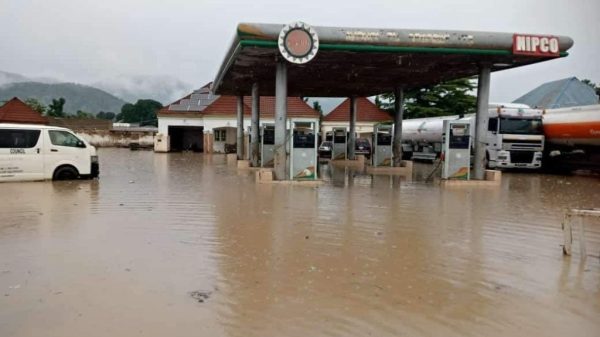
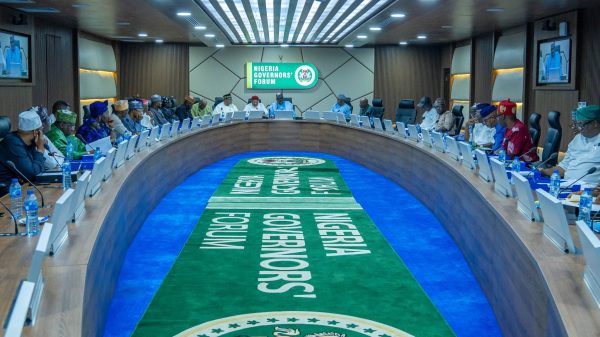




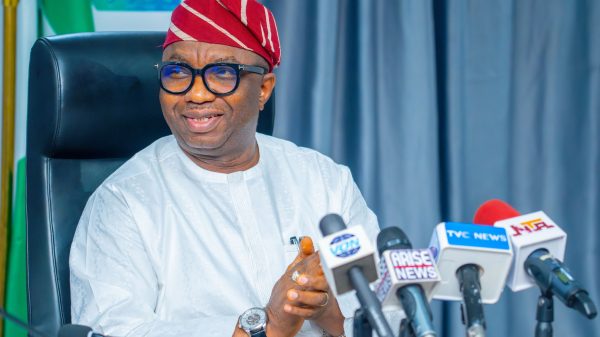
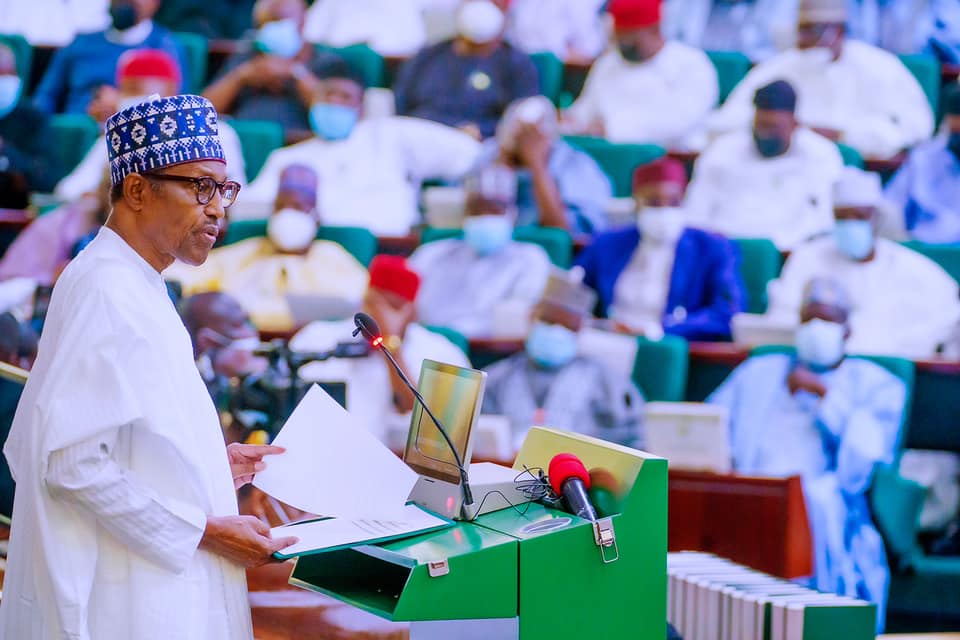



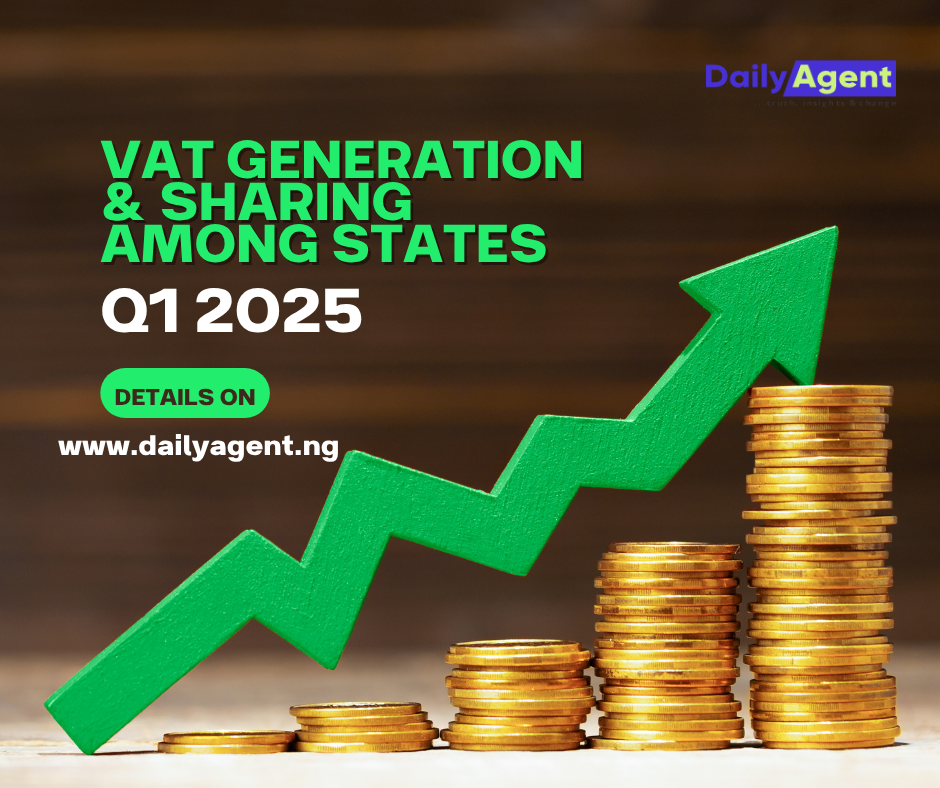

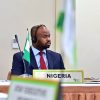
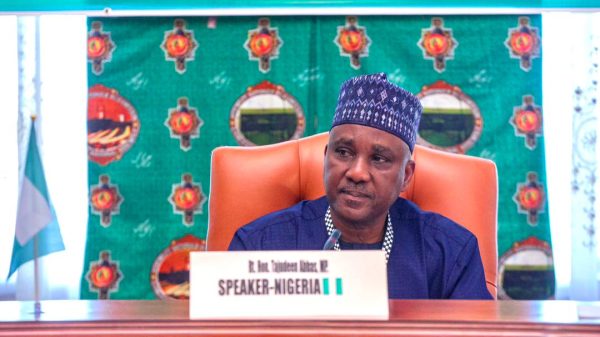
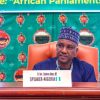
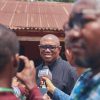
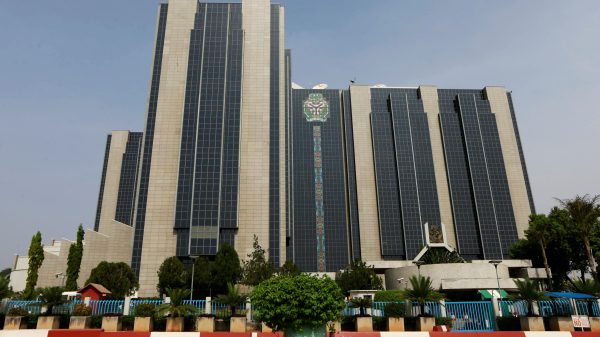



Pingback: Crude oil price hits $85 per barrel — first time in three years - Technocrat Media Nigeria - ...reporting facts not fiction